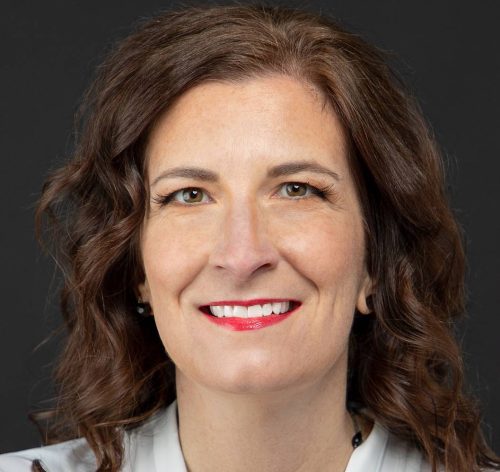Managing expectations of what you’ll walk away with financially after a divorce will not only help you better cope emotionally with this major life change, but it can also save a lot of headache and attorney fees.
According to a Certified Divorce Financial Analyst (CDFA), there are three mistakes she observes divorcing couples repeatedly make that can cause significant financial repercussions.
Mistake #1: Thinking in terms of ‘my money‘
Be careful not to set yourself up for disappointment thinking any portion of the family finances belongs to only you.
“This is the number one issue I see most consistently,” said Kendra Erkamaa, CDFA®, CFP® and president of Triangle Financial Services in Des Moines, Iowa. She explains marital property involves very state specific laws. For example, the state of Iowa is an equitable distribution state as opposed to a community property state, meaning all marital property will be divided equally.
“In truth, it is the couple’s total net worth that is being divided. So, you’re dividing assets, which is the amount you own along with liabilities, which is the amount you owe,” she explained. This includes money in the bank and retirement accounts. However, there can be specific legal exceptions to an even 50/50 split like lump-sum payouts of spousal support or tax offset.
This is where Erkamaa’s experience and expertise in divorce finances is most valuable to her clients. “As much as finances are black and white, there’s a lot of gray area in divorce. It can be really complicated when you factor in things like retirement plans, pensions, and property.”
She said even if one spouse gambles away all “their portion” of money in an account, and the other spouse has saved, the remaining assets will still be split among both. “It’s not always what someone would consider ‘fair’, but it’s what the law states. That’s where it can be really disappointing to think you will walk away with ‘your’ money.”
Mistake #2: Keeping the home
“That is sincerely not even an option for some people,” Erkamaa said. She has worked with divorcing individuals who have no personal income, having relied on their spouse’s income until the divorce while living in large houses, and they want the house to maintain consistency for the children. “They want to keep the home so much that it’s financial suicide.”
While she understands the concern about many big life changes for children of divorcing parents, there are other options outside of keeping the house that can help smooth the transition.
“The couple could consider jointly owning the house through the next 12 months and then sell it together,” Erkamaa said. This arrangement can be written into divorce documents, including how the sale and distribution of funds happens afterwards.
On the flip side, she said some couples could benefit from selling the house before they file for divorce. “When most of your assets are in the equity of the home, it can create some very big financial challenges during the divorce,” she explained. By selling the house before filing, it can put both parties in a better position to move forward.
“In general, some people need to get over their attachment to the house in order to make wiser financial decisions.”
Mistake #3: Having an ‘I’m going to make you pay’ attitude
Yes, divorce can be ugly. In some cases, one spouse has unarguably wronged the other. But Erkamaa explained that going into the process with the number one goal of exacting financial revenge usually only ends up hurting the one wanting retribution.
“This is the worst frame of mind to be in,” she said. “You need to be looking for the best decisions for yourself, not how best to make the other person pay.” She said it shouldn’t be a question of what’s worth fighting for, it’s identifying what is reasonable by law. If the law doesn’t back what you’re seeking, it’s merely going to create more attorney expenses and headaches for everyone involved.
A better mindset, she said, would be to focus on your financial vision for life after divorce and what that needs to entail.
“This is a time when almost every aspect of your life is changing, and it is most beneficial to focus your time and energy on creating better outcomes for life after divorce,” she added.
Not a Mistake: Trusting professionals to help
Erkamaa said CDFA professionals, and “Financial Neutrals” specialize in analyzing divorcing couples’ financial situations and help to present various options for how debts and assets can be divided. The benefits include both parties understanding where they really stand financially and making informed decisions.
“Ultimately, it helps people make realistic financial decisions in the divorce process,” she added.






